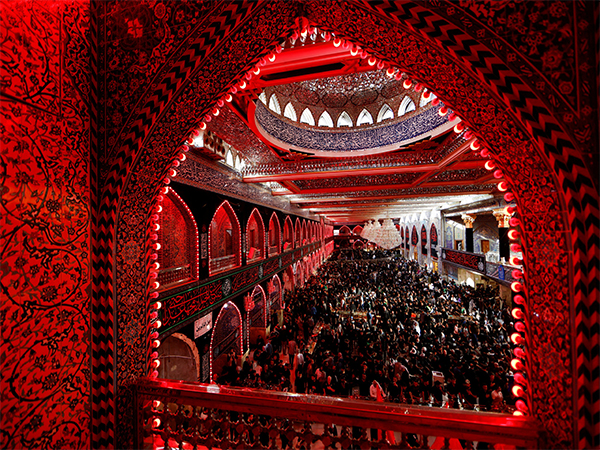Shia Pilgrims Halted: A Clash of Religion and Regulation at Sindh-Balochistan Border
A march by Shia pilgrims to Iran and Iraq's shrines was stopped by police at the Sindh-Balochistan border due to security concerns. Protesters, denouncing travel bans as human rights violations, vow to continue peacefully. Authorities hope negotiations will resolve the impasse without violence.

- Country:
- Pakistan
Shia pilgrims marching to the sacred shrines in Iran and Iraq have been intercepted by Balochistan police at the Hub River Bridge, near the border with Sindh. The Balochistan Post reports that the pilgrimage, aimed at reaching the Taftan border to partake in the annual Arbaeen march, was halted as security forces, along with the Anti-Terrorism Force, set up roadblocks, citing preventive security measures.
The marchers, who embarked on their journey from Karachi, were met with resistance as negotiations between the protesters, representing various Shia organizations, and federal authorities began. The protestors, demanding their right to religious pilgrimage, have condemned the travel ban as a breach of basic human and constitutional rights, arguing for the restrictions to be lifted.
In a show of unity, the Baloch Yakjehti Committee has condemned the restrictions, labeling them as an attack on religious freedoms, and pledged their support for the pilgrims. Participants in the protest, including women, children, and the elderly, remain steadfast in their mission, which they see as an extension of Imam Hussain's spiritual legacy, emphasizing peaceful resistance amidst growing criticism of the security measures taken by the state.
(With inputs from agencies.)
ALSO READ
UN Expert Warns of Escalating Human Rights Crisis in Sudan Amid Ongoing War
Global Inaction Fuels Taliban's Human Rights Violations
Trump Administration Alters U.S. Human Rights Narrative
Trump Administration's Human Rights Report Strategy Unveiled
Trump Administration Shifts Human Rights Reporting Focus










